
How To Eat Yourself Happy
Start By Understanding Your Hormones
“Happy hormones are those that help you to feel joyful, happy and calm. These hormones include serotonin, dopamine, oxytocin and endorphins. Serotonin is the hormone most people think of in terms of happiness and wellbeing; it helps with your moods as it enables your brain cells to communicate with each other and supports learning, memory, sleep and digestion. Endorphins, meanwhile, help with relieving stress and pain, and can produce a feeling of euphoria, while oxytocin is related to love and bonding. Dopamine is the hormone that’s released when you’re doing something that gives you pleasure; it’s part of the brain’s reward system. Increasing research shows that what you eat can affect these hormones, and in turn your mental health and wellbeing. In fact, if you are feeling anxious, tense, irritable or have muscle cramps, insomnia, digestive problems, confusion or an inability to concentrate, this could be a sign your happy hormones could do with a helping hand.” – Dr Marilyn Glenville, nutritionist specialising in women’s health
Know About The Gut Connection
“Ninety-percent of your serotonin and 50% of your dopamine is produced in the gut, so it pays to think about your gut health when it comes to boosting mood. Aim to eat at least 30g of fibre per day; prebiotic foods such as onions, asparagus and artichokes, which feed your good gut bacteria; probiotic foods which contain healthy, live bacteria such as kefir, kimchi, apple cider vinegar and sauerkraut; and foods rich in antioxidants, which includes leafy, green vegetables, beetroot and berries.” – Dr Ghazala Aziz-Scott, specialist in integrative women’s health and bioidentical hormone balance for the Marion Gluck Clinic
Fuel Your Brain
“The brain may be a tiny part of your body but it uses up to 30% of the fuel from what you eat, especially when you are stressed. The brain is mostly made up of fat and water so eating plenty of healthy fats, such as avocado, and hydration is key. Foods rich in antioxidants are also important to protect brain cells from the wear and tear of life. Dark-skinned foods such as blueberries, black beans, purple sprouting broccoli, chia seeds, organic coffee and cacao are also packed with special antioxidants that are great for brain health, so try to include more of these in the diet.” – Dr Tara Swart, neuroscientist
Be Careful With Gluten & Dairy
“Eating too much gluten can create mood and brain issues. It’s often thought gluten sensitivity would only show up in gut or skin-related symptoms, but for some it can trigger poor memory, brain fog and reduced cognitive processing, while for others it can cause low mood and feelings of depression. At the same time, cheese may be mildly addictive due to a protein it contains called casein, which your body breaks down into casomorphins – these compounds attach to dopamine receptors in your brain, possibly triggering cravings for similar foods. Casomorphins have an opiod-like effect on the brain, which isn’t a good thing. If you feel gluten and dairy have negative effects on your body, think about cutting down.” – Lorna Driver-Davies, head of nutrition at Wild Nutrition
…And Steer Clear Of Anything Processed
“When it comes to supporting mood, it pays to avoid refined carbohydrates such as sugars and highly processed grains such as white flour, as well as artificial sweeteners, which disrupt how your happy hormones work. Alcohol in small quantities releases endorphins, but even moderate drinking is associated with shrinkage in areas of the brain involved in cognition and learning. Fish high in mercury, such as swordfish and tuna, should also be avoided.” – Ghazala
Up Your Omegas
“We’ve all heard of fish being great ‘brain food’ and there is a reason for this. Almost 60% of your brain is made up of fat and eating more of the right fats will fuel your brain cells. Omega-3 fatty acids play a crucial role in brain health – they help your brain cells ‘pick up’ your neurotransmitters, such as serotonin, so they can be utilised more efficiently. Ideally, you should be eating a couple of portions of oily fish every week as well as taking a good, high-strength supplement. When it comes to supplements, look for one containing 770mg of EPA and 500mg of DHA, not just the amount of fish oil mentioned on the front of the supplement.” – Marilyn
Take B Vitamins
“The B vitamins are called the ‘stress’ vitamins because of their ability to help us cope with the pressures of everyday life. Vitamin B6, in particular, is involved with the production of neurotransmitters, which control mood and behaviour, while a deficiency in B12 can lead to mood swings and confusion. It’s best to take B vitamins as part of a complex as they work synergistically, thus when taken together work more effectively.” – Marilyn
Boost Vitamin D
“Research has shown that people with depression have lower levels of vitamin D. Vitamin D is often referred to as the ‘sunshine vitamin’ and in the winter months many people suffer from seasonal affective disorder (SAD). Vitamin D receptors are present in the nervous system and vitamin D can affect serotonin levels, which is linked to mood and depression. When choosing a supplement, look for one that contains vitamin D3, not D2. Studies show that D3 is 87% more effective at raising and maintaining vitamin D levels than D2.” – Marilyn
Try A Mediterranean Diet
“If there was one diet which supports brain health more than any other, it’d be the Mediterranean diet. Lean protein, wholegrains, small amounts of dairy and meat, oily fish, legumes, a wide variety of herbs and spices, and fruit and vegetables is the optimum diet for brain health – add in plenty of extra virgin olive oil and it’s a winner. Think salmon fillets with pesto sauce on a bed of roasted vegetables; cod in fresh tomato sauce on a bed of lentils; and for breakfast, overnight oats made with oats, chia seeds, walnuts, and berries all soaked overnight with almond milk.” – Ghazala
Consider Supplementing With Magnesium
“Magnesium affects how several of your happy hormones work, and interestingly, it’s one of the most common minerals to be deficient in. This is because people don’t always get enough via the diet, and magnesium levels naturally deplete when you are stressed, busy or workout a lot. Women also lose magnesium every month via menstrual blood. Magnesium is calming and relaxing for mood but is also a mood-booster, meaning it can help you feel more upbeat, energised and happy. Take it in the morning to boost energy levels or before bed to encourage a deep, restful sleep.” – Lorna
Finally, Eat Little & Often
“You can eat yourself happy by making sure you are eating regularly, going no longer than three hours without eating. Your blood sugar affects your mood, and by eating regularly, you can prevent your blood sugar from dropping and your mood crashing. Be sure to include good-quality carbs like brown rice with protein like fish and eggs as protein and carbs work in tandem to boost serotonin. Good-quality snacks are also vital to support mood – nuts and seeds are great, as is hummus and guacamole on oatcakes, nut butter on wholemeal bread, or corn crackers. Crudites with a hard-boiled egg and mackerel pâté can also help support mood.” – Marilyn
For more information visit GlenvilleNutrition.com, MarionGluckClinic.com, TaraSwart.com and WildNutrition.com
Shop our product edit below...
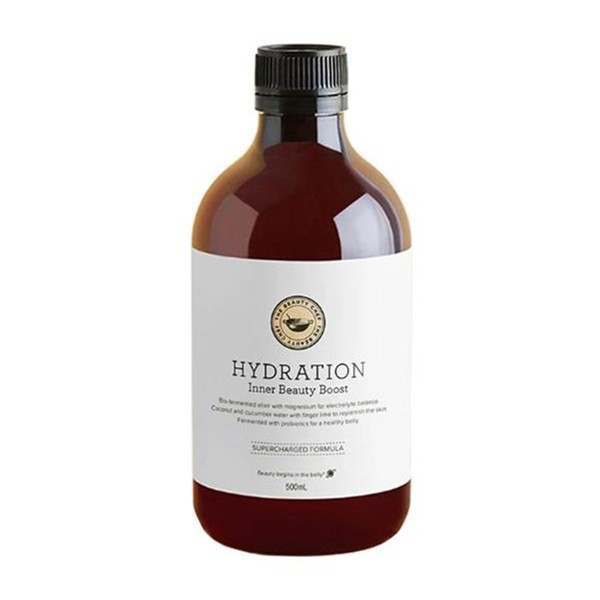
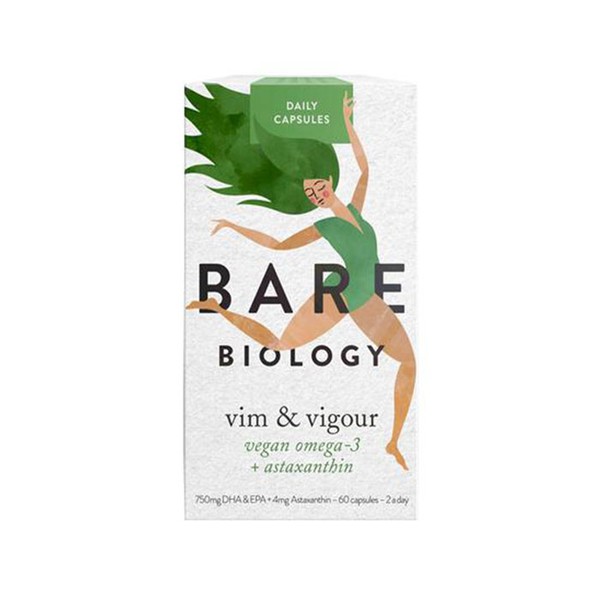
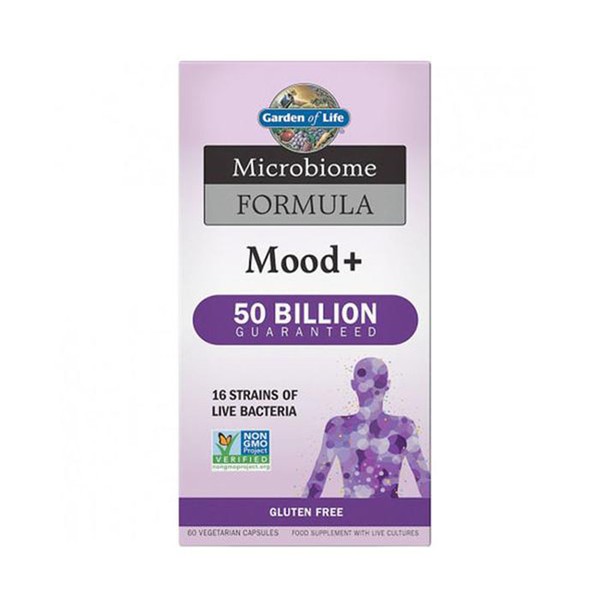
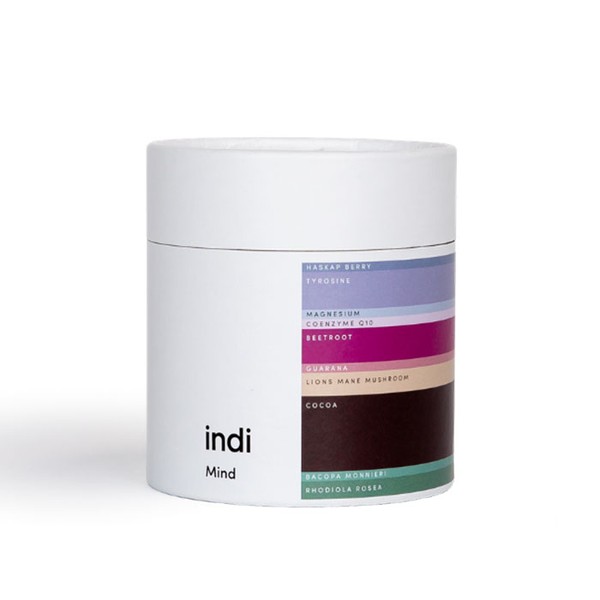
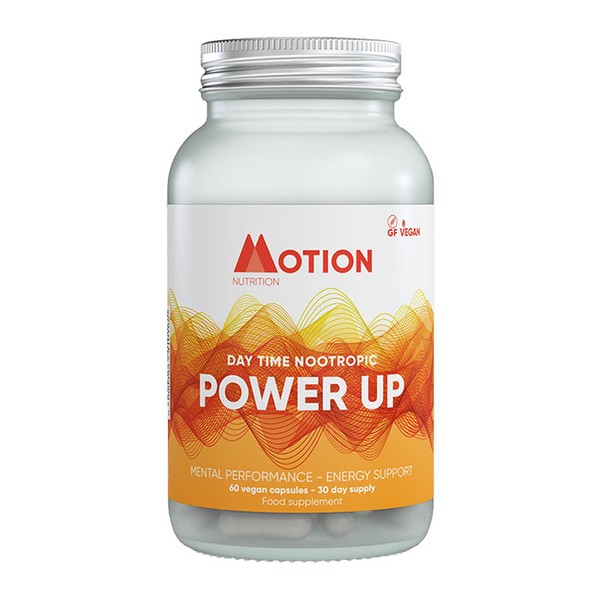
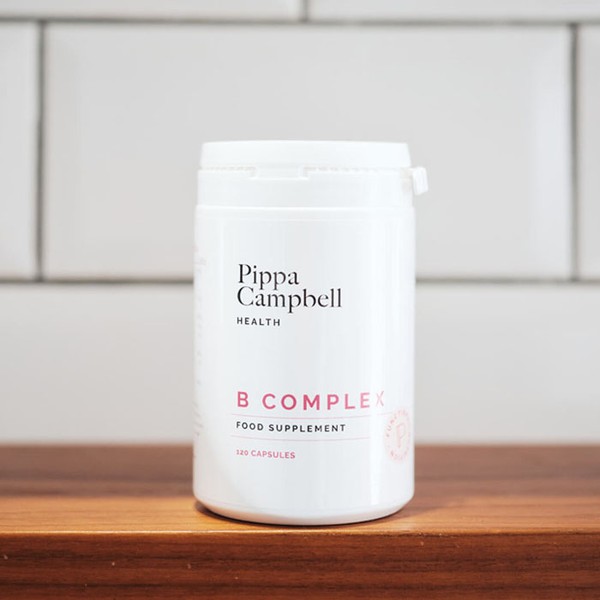
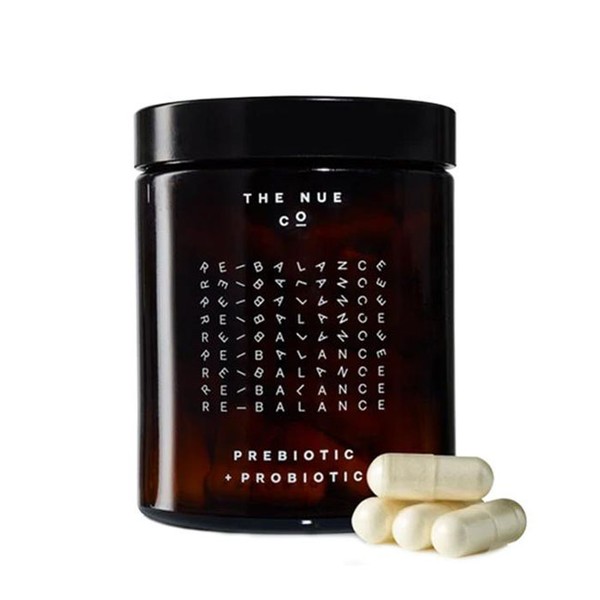
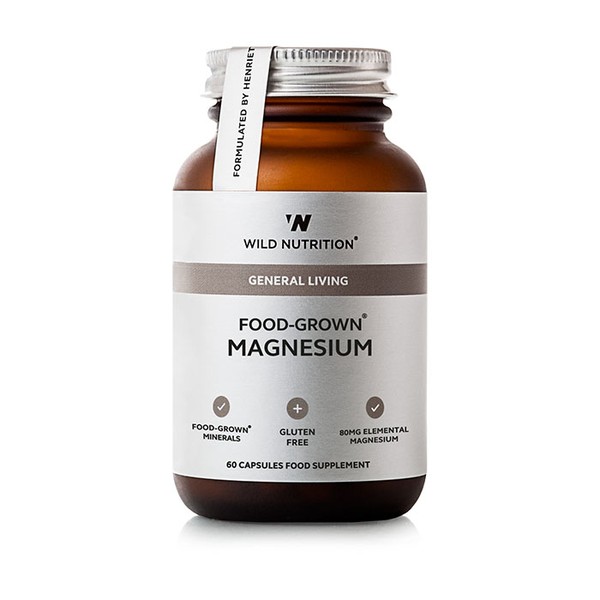
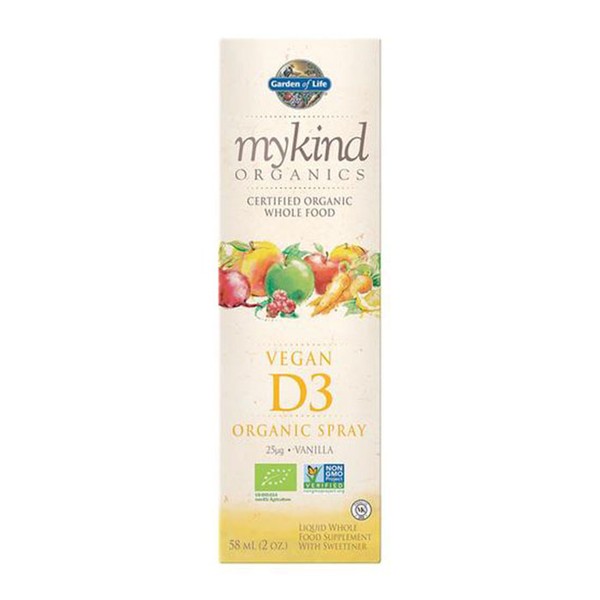
DISCLAIMER: Features published by SheerLuxe are not intended to treat, diagnose, cure or prevent any disease. Always seek the advice of your GP or another qualified healthcare provider for any questions you have regarding a medical condition, and before undertaking any diet, exercise or other health-related programme.
DISCLAIMER: We endeavour to always credit the correct original source of every image we use. If you think a credit may be incorrect, please contact us at info@sheerluxe.com.

